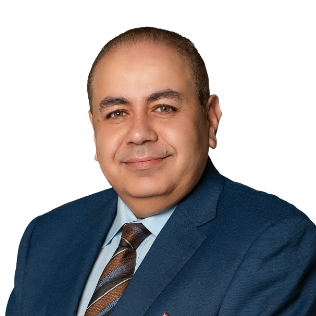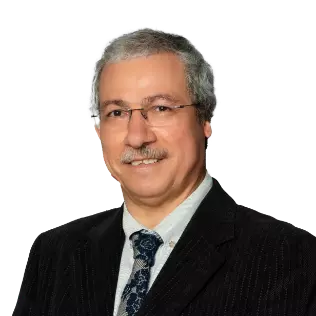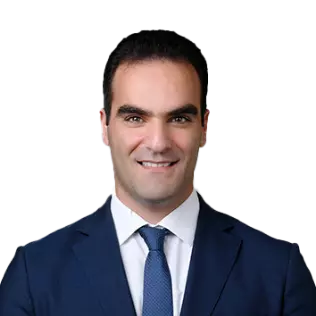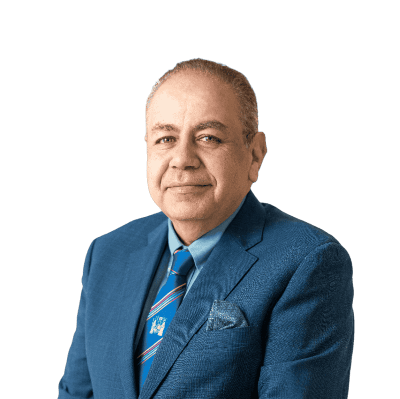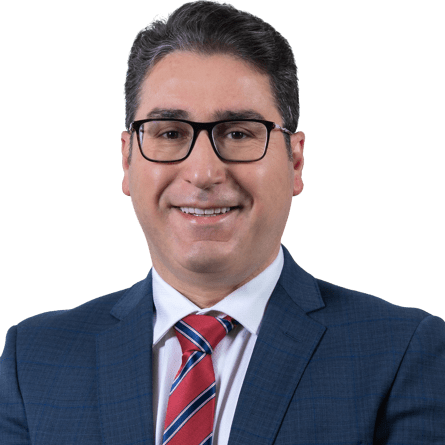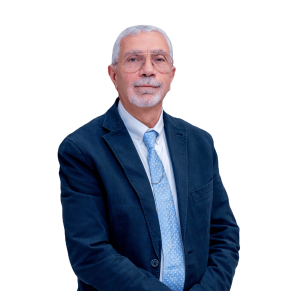Coronary Artery Disease: Symptoms, Causes, Treatment & More
Written By: Dr. Mohamed Fathi
Updated On:December 26, 2023

What is Coronary Heart Disease?
The coronary arteries supply the muscle of the heart. Simply put, coronary heart disease (also known as coronary artery disease) affects how well these arteries supply the heart. It is the most common cause of ‘ischemic’ heart disease, which results in damage to the heart due to insufficient blood supply. One or more of the branches of coronary arteries may be affected, resulting in tissue death in the area supplied by them.
Symptoms of Coronary Heart Disease
Coronary heart disease disrupts the normal functioning of the heart which leads to early symptoms such as:
- Breathlessness
- Fatigue, especially after exercise
With long-standing disease, chest pain, also known as ‘Angina’, is a regular complaint. Other symptoms of coronary heart disease include:
- Nausea
- Dizziness
- Palpitation (A ‘racing’ heart)
- Sweating
When to Visit a Doctor for Coronary Heart Disease
If a close family member has already been diagnosed with heart disease or diabetes, or if you relate to any other risk factors for coronary heart disease, it’s a good idea to visit your doctor regularly to prevent it. However, you should visit a doctor as soon as you can if you experience prolonged episodes of:
- Feeling a sudden, sharp pain or burning sensation in the chest, or surrounding regions
- Excessive weakness
- Lethargy
- Fainting
Causes of Coronary Heart Disease
80-90% of coronary heart disease cases are caused by atherosclerosis, while the remaining may be due to other causes that narrow the lumen of the coronary arteries. These can include:
- Congenital (inborn) Coronary Artery Abnormalities
- Thrombosis
- Embolism
- Vascular Spasm
Atherosclerosis
Atherosclerosis refers to the formation of fatty plaque on the walls of blood vessels. This buildup restricts blood flow, causing coronary artery disease & is particularly common in patients with hypertension, diabetes, as well as high cholesterol levels.
Congenital Coronary Artery Abnormalities
Genetic or acquired defects are perhaps the least common cause of coronary heart disease. The coronary arteries may be narrowed, or abnormally distributed. Such anomalies usually occur with other heart defects such as mitral stenosis.
Thrombosis
A clot or thrombus is a collection of mainly red blood cells & platelets. It may be formed due to a heart condition that allows blood to pool in vessels for longer than the usual duration, or damage to the coronary arteries.
Embolism
A thrombus can break off from its original site & lodge in the coronary artery, blocking it. It may have come from within the heart, as in the case of some heart conditions, or other parts of the body.
Vascular Spasm
Coronary artery disease can develop after vascular damage, which causes the muscles in the vessel walls to contract & aggregate platelets to release certain chemicals. Both of these effects can significantly close off arteries, resulting in the various symptoms of coronary heart disease. Vascular spasms may also occur due to certain medicinal & non-medicinal drugs such as ephedrine, etc.
Risk Factors for Coronary Heart Disease
Certain factors can enhance your chances of developing coronary heart disease. Some of these can be managed, while others are out of your control. Common risk factors for coronary heart disease include:
- Age
- Race (for example, African Americans & Hispanic populations may be at greater risk)
- Sex (for example, males are more likely to develop coronary heart disease)
- Family history of heart disease
- High blood pressure
- Smoking
- High blood cholesterol levels
- Obesity
- Lack of exercise
Complications of Coronary Heart Disease
Stable Angina
With a blocked coronary artery, the blood supply might not be able to meet the demand of the contracting heart muscle. This results in sudden discomfort, a burning sensation, or pain in the chest, which may last from 15 seconds to 15 minutes. Stable angina may subside with rest or with mild CHD medication.
Unstable Angina
Unlike stable angina, unstable angina is caused when a plaque breaks off & lodges in another location in the coronary artery. It can occur without increased cardiac demand such as during physical or mental stress, or even at rest. Pain experienced during this event is much more severe & prolonged than that with stable angina, typically lasting more than 20 minutes.
Heart Attack
Coronary heart disease can cause heart attacks, clinically known as myocardial infarctions, if severe enough. Common symptoms of a heart attack include confusion, weakness, sweating, severe chest pain, indigestion, breathlessness & even fainting.
Heart Failure
The heart might become more muscular in an attempt to pump blood more vigorously to overcome the compromised coronary artery supply. This paradoxically increases its oxygen demand until it can no longer be compensated for & the heart fails.
Sudden Cardiac Death
Ischemia of heart muscle in coronary heart disease leads to damage to affected regions. This in turn can cause abnormally fast, or out of rhythm beating of the heart so it can no longer pump blood. Unfortunately, a person may experience no prior symptoms of coronary heart disease.
Treatment for Coronary Heart Disease
Coronary heart disease treatment may be different depending on the stage of the disease. CHD medication is a common method in manageable cases. The drugs prescribed can be a combination of:
- Vasodilators such as nitroglycerin which cause the vessels to dilate, giving way to the blood in the affected vessel
- Cholesterol-lowering drugs such as statins
- Clot dissolving drugs
Surgical procedures may be preferred in more severe cases of coronary artery disease:
-
Coronary Artery Bypass Graft (CABG): An alternative path is formed for blood to pass over the blocked area, forming a continuous flow of blood to the heart muscle
-
Angioplasty: A tube is placed through the occluded vessel to remove the blockage. A stent (a thin mesh tube) may or may not be inserted in the vessel during this procedure to keep it open
A pacemaker or defibrillator may be placed as a treatment of coronary heart disease to correct arrhythmia caused by ischemic damage.
Prevention of Coronary Heart Disease
You can avoid suffering the many inconvenient symptoms of coronary heart disease by preventing its onset by eating a balanced diet & staying active. Smoking & alcohol consumption can also cause you to develop coronary artery disease & should be limited to maintain a healthy heart. The following foods can prove to be helpful in preventing coronary heart disease:
- Omega 3 fatty acids found in soybeans, walnuts & flaxseed
- Sources of Vitamin D such as shrimps, tuna, milk & eggs
- Vegetable oil
- Legumes
Another effective way to prevent coronary heart disease is staying mindful of pre-existing conditions, be it high cholesterol levels or diabetes, & managing them well. Follow your doctor’s directions responsibly.
You can never be too cautious when it comes to your health. For more information on coronary heart disease, get in touch with us.
Meet our doctors from the Cardiology department
